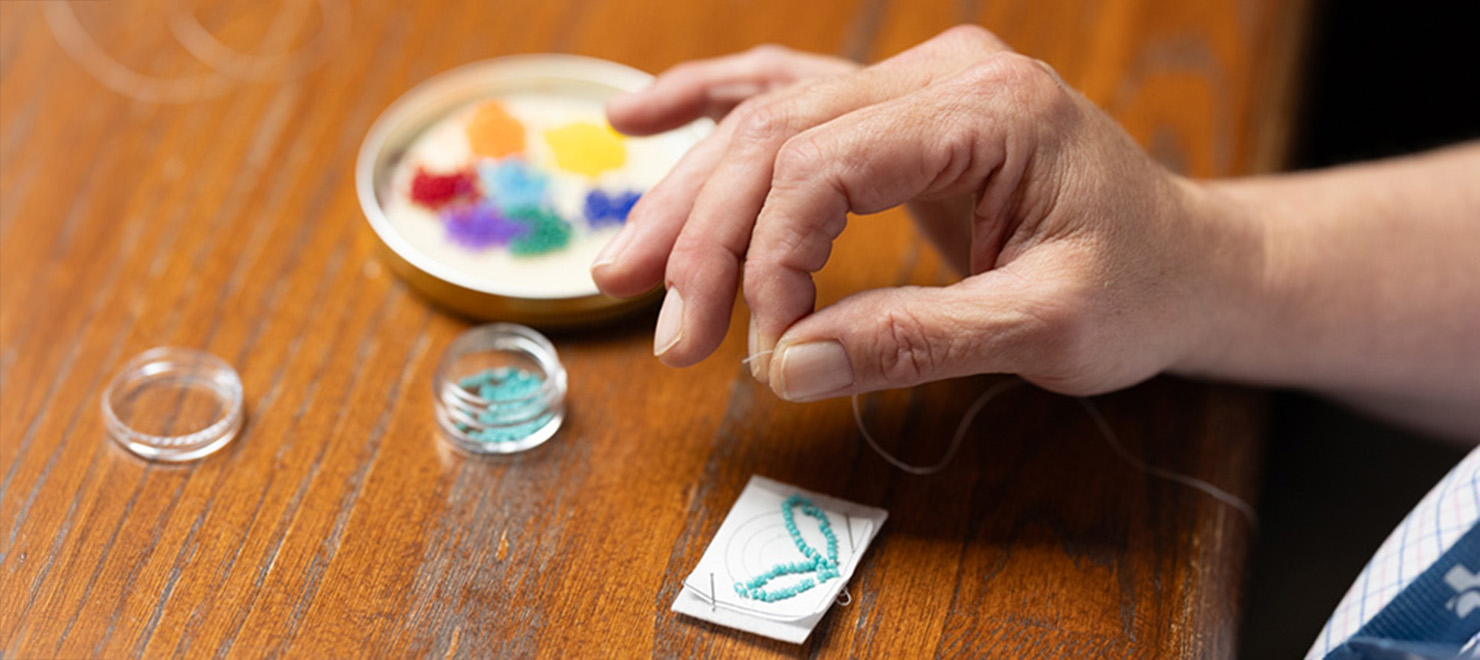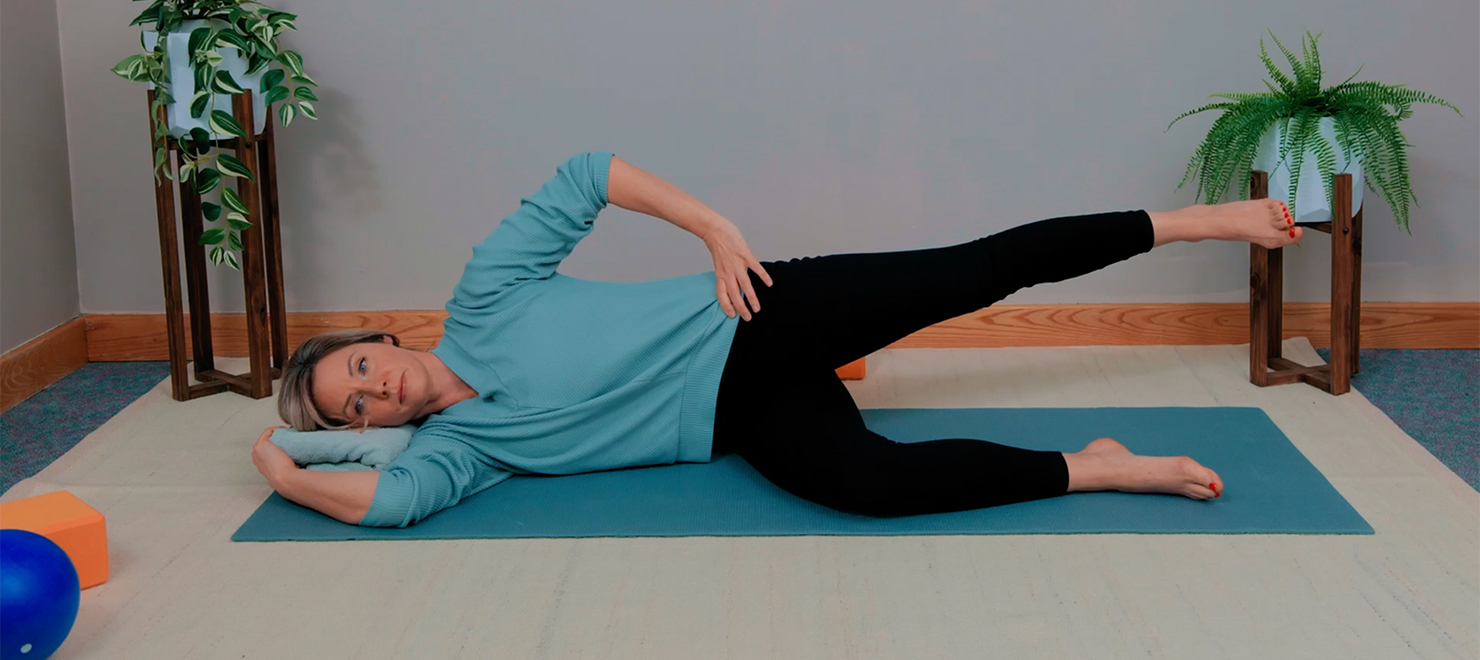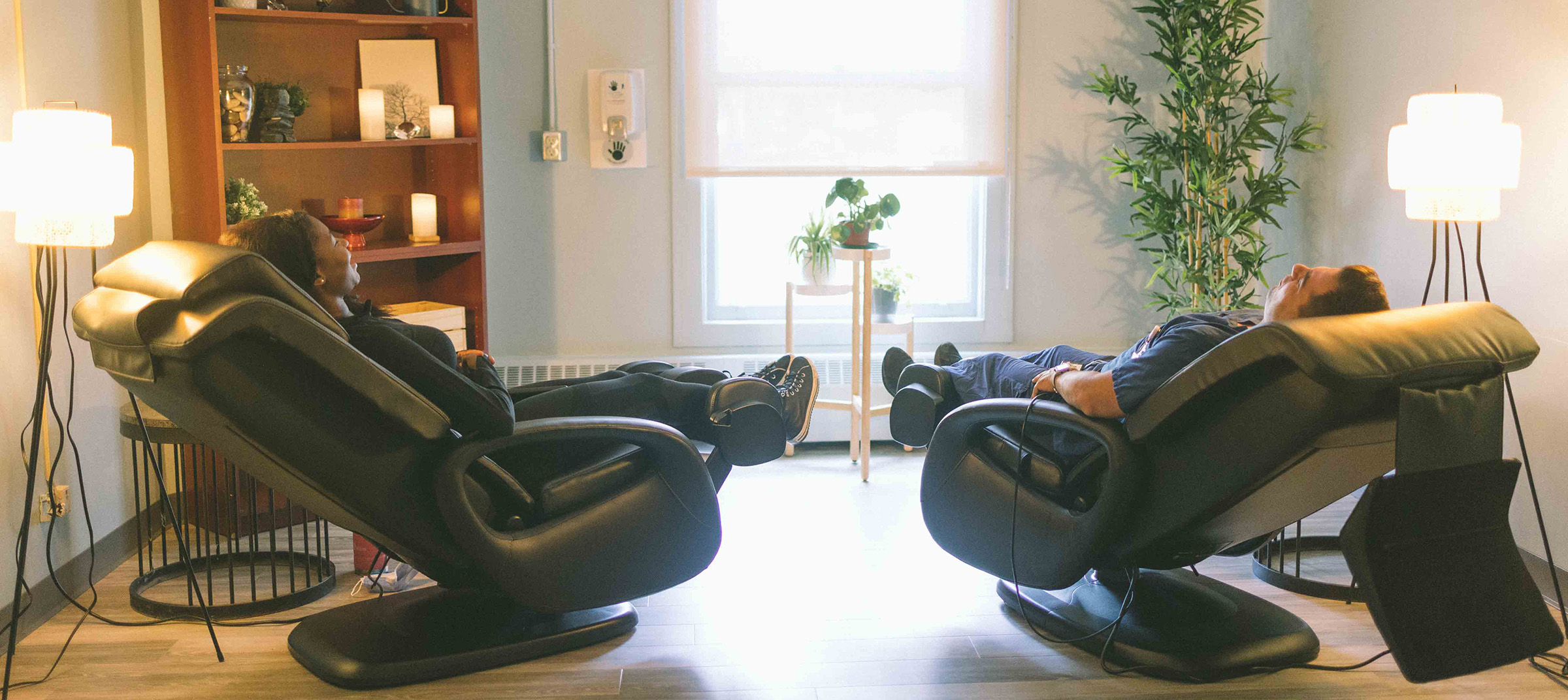
Whether or not December is a time of holidays for you, there is no doubt that this year will be different. COVID-19 has left many of us feeling depleted, and for good reason. Experiencing a chronic crisis is exhausting and leads to wear and tear on our body and our morale. Whether or not
When we are depleted it is important to proactively set up or create activities that are good for our wellness.

Although you may not be able to recharge completely, every little bit helps. Here are tips to help get through a COVID-19 December.
- Space for uncomfortable or painful emotions. if you are experiencing grief, loss, anger, frustration, worry, fear, sadness, or others, it is important to give yourself time to acknowledge these feelings. Labelling emotions reduces the intensity of the experience by 80%. Try to let the emotions pass through you, like riding a wave, instead of trying to push them away.
- Light: Evidence has shown that decreased sunshine can have a negative effect on mood and energy levels. During the winter, try to capitalize on sunny moments, inside or outside. Additionally, using a full spectrum light may help to fight the winter blues.
- Gratitude: Even in the most difficult times, focusing on gratitude has benefits for wellness. This could be done by sending gratitude messages to others or creating a ritual of naming what you are grateful for on a daily basis (e.g.: at dinner or bedtime). You may surprised that this leads to a spiral of gratitude that feels so good.

- Creativity: Creativity can engage the body and the mind. We experience positive emotions through art, music, dance, baking, sports, etc. Creativity can be big or small, whether it’s paint by numbers or oil painting, learning a new song or listening to your favorite tunes. Making space for things that you are passionate about may lift your mood.
- Giving to others: The positive impact of giving to others can last longer than giving to yourself. Did you know that the act of giving stimulates the reward centre in the brain, and that’s why it feels so good? Because this year is different, and many people are struggling, look for opportunities to give. This may represent a donation, giving of your time, or making something for someone else.
Just remember that when you find yourself in situations where you don’t have control, try to find small areas where you do have control. As you reflect on how you will approach December, it is important to scale your expectations to your energy levels and be compassionate with yourself and others in these unusual times.
Want to know more about how to maintain your mental health during COVID-19? Komal Shaikh is a neuropsychology resident at The Ottawa Hospital. She shares tips for managing cognitive struggles during the pandemic, and how to recognize when they may become a larger mental health issue on a new episode of On Call: The Ottawa Hospital Podcast
Listen on:

Support patient care and research at
The Ottawa Hospital
You might also like…
OnTrack program helps young adults experiencing psychosis find their footing
A unique program run by The Ottawa Hospital is celebrating 20 years of providing care and support to young adults navigating their first episode of psychosis.
Bringing communities together, one stitch at a time
In celebration of June being both National Indigenous History Month and Pride Month, The Ottawa Hospital hosted a beading workshop for Indigenous and 2SLGBTQIA+ staff and their allies.
A guide to mindful movement for pain management
Are you seeking relief from pain, discomfort or stress? In these four videos, Physiotherapist Cristin Kargus guides you through gentle, mindful movements to help you reconnect with your body.
This is how we care for our health-care workers
With access to family physicians, mental health support and even rejuvenating massage chairs, The Ottawa Hospital’s Wellness Program is working hard to support our staff and medical staff. For a closer look at how, check out this comprehensive guide to wellness resources at our hospital.
A new guide to navigating your mental health
The Ottawa Hospital has partnered with YouTube to create an important series of videos where health-care professionals offer expert guidance to help you or a loved one navigate mental health challenges.
Ask Masi: A new support tool for front-line perinatal care providers
Parents will often describe welcoming a new child as one of the happiest times of their lives. But physicians, midwives, nurses and others on the front lines will tell you that this is not always the case for their patients. A new service for care providers called Ask Masi is here to help.


 To reset, hold the Ctrl key, then press 0.
To reset, hold the Ctrl key, then press 0.





